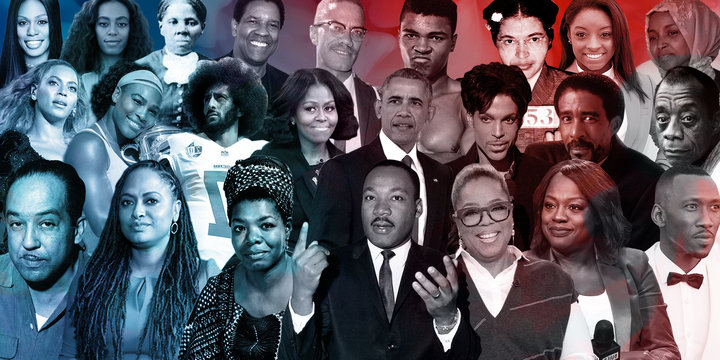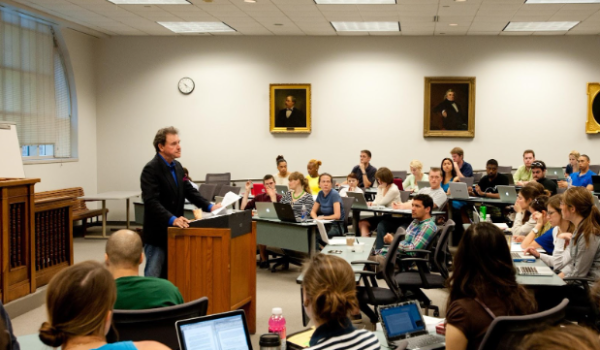Why We Celebrate Black History Month
February 9, 2018
Black History Month is a month where many prominent black leaders, abolitionists, and activists are honored. The essence of Black History Month began when Dr. Carter G. Woodson, who is cited as the “Father of Black History,” launched a celebration of Negro History Week in February of 1926. Over time, this week long celebration evolved into a month of recognizing black history. Dr. Woodson’s idea to honor important black historical figures had made sure future citizens do not forget their legacies. It is a month that Negroes can receive critical acclaim for their contributions to American society.
When people today think of Black History Month, they may think about the obvious and more common leaders such as Dr. Martin Luther King Jr. While the contributions of Dr. King Jr. are far-reaching, it is important to recognize other leaders who helped to change the status quo of Negroes. These leaders stepped up and challenged the perception of how Negroes were seen, and fought hard to increase their rights in society. They led large groups and crowds which helped the movements gain momentum and press in the public eye. Dr. Carter G. Woodson contributed himself by starting a group known as the Association for the Study of African American Life and History, which is dedicated to the preservation of African American history. There are also a number of organizations regarding blacks in society started in the 1900s that are still active today. One well-known one is the National Association for the Advancement of Colored People (NAACP), started by W.E.B. Du Bois.
Black historical leaders that are studied by historians vary from Frederick Douglass, Malcolm X, W.E.B. Du Bois, or Booker T. Washington. Black History Month does not just honor leaders – it is also for black athletes and African American firsts. It is important to remember black history because they aren’t the most populated group in America and so must be recognized. There is an estimated 14 percent in America currently. Black history has given influence to many African churches or museums. In the African community, Africans are satisfied that their leaders are remembered.
Black history affects our community in a positive light, as we remember the people who fought for civil rights and the people who achieved despite the challenges they faced as black citizens. These are the people who would not give up until they were treated with the same respect as their non-white peers. We see them today as courageous advocates and leaders. We can not forget about the leaders we currently and formerly had today, yesterday and tomorrow.










